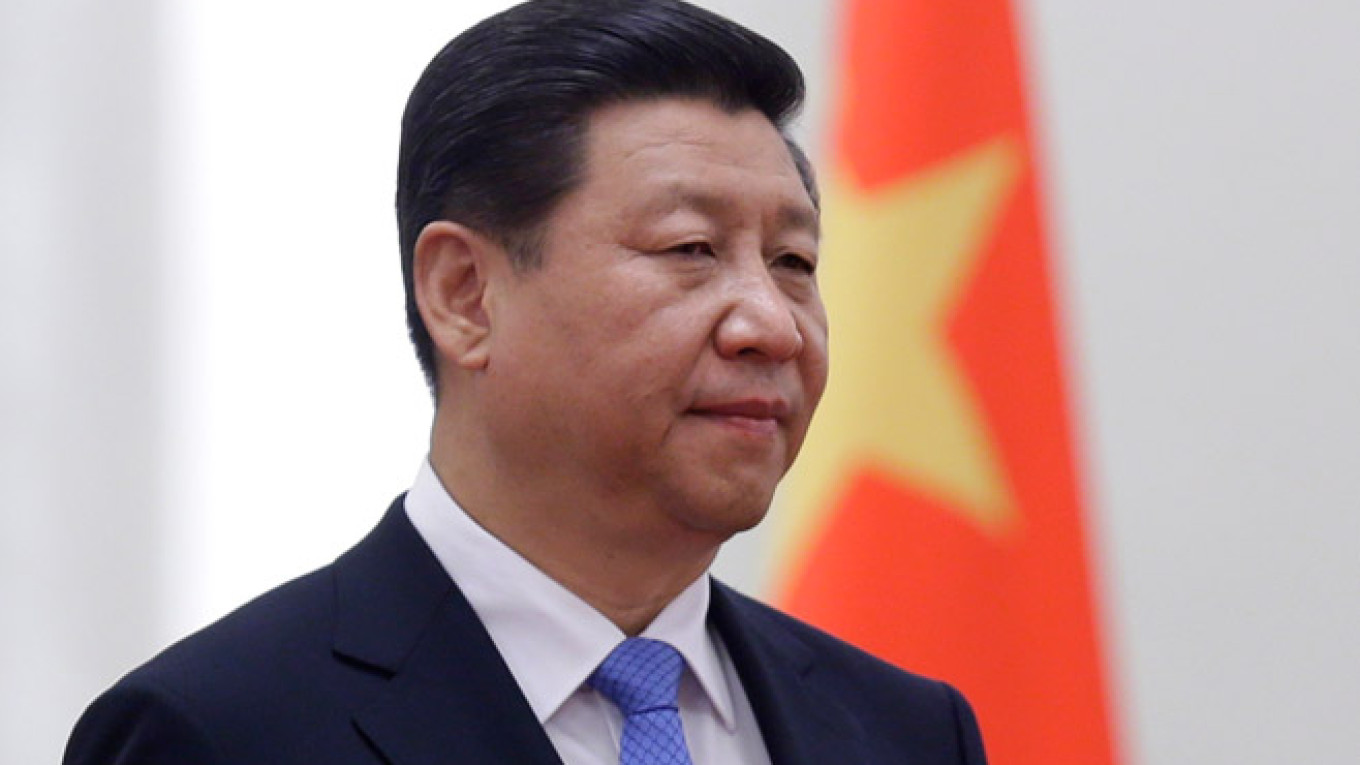The inaugural China-Russia Expo, attended by 1,500 exhibitors in July in Harbin, illustrates the momentum that bilateral relations have gained since the Chinese-Russian "gas deal of the century" was signed in May.
But despite several positive signs in Chinese-Russian relations this year, how closely can the two countries cooperate? How far can this "friendship" go?
Although Russia has set a goal of achieving $200 billion trade turnover with China by 2020, the "nonparallel trade structure" between the countries presents a problem. Russia exports only energy and natural resources to China, while China exports only manufactured goods to Russia.
Moreover, this nonparallel trade structure means that the countries' trade relations may even slip lower. As rising labor costs force China to diversify away from manufacturing, Russia could switch to importing products from Vietnam and other Southeast Asian countries. Meanwhile, despite China's growing appetite for energy and natural resources, Russia is neither China's only strategic partner nor will it ever over-rely on a single country as its energy supplier.
Russia and China are also strong competitors in certain regions, particularly in Central Asia. By creating the Moscow-led Eurasian Economic Union with Kazakhstan and Belarus, to be joined by Kyrgyzstan and Armenia, Russia's leadership is challenging China's vision of a "Chinese Silk Road Economic Belt."
But notwithstanding their nonparallel trade structures and regional overlap, Russia and China are important to each other from a geopolitical point of view.
Russia's growing tensions with Ukraine have mirrored China's strained relations with Southeast Asian countries such as Vietnam and the Philippines. As all these countries turn to the U.S. for support, a Chinese-Russian partnership can be forged on the basis of a common political antagonist.
In other words, any Chinese-Russian partnership will driven more by political aims than economic interest.
But to make this partnership more substantial and sustainable, the two countries must develop their economic ties. Chinese and Russian investors must identify areas of mutual interest, and both governments should work to facilitate trade that goes beyond state-driven initiatives. Currently, there are only a handful of private companies willing to put real money into developing trade between the two countries, including Summa Group's Bolshoi Zarubino Port project, meant to facilitate intra-China trade.
But although building a substantial and sustainable partnership will be a long and winding road for Russia and China, a partnership with mutual benefits and the right architecture will pay off in the end. As Russia looks east to diversify its economy amid economic sanctions from the West, China, Russia's counterpart with more than 4,000 kilometers of shared border, will prove itself to be of great strategic importance to Russia.
Brian Yeung is an independent consultant and writer based in Hong Kong.
A Message from The Moscow Times:
Dear readers,
We are facing unprecedented challenges. Russia's Prosecutor General's Office has designated The Moscow Times as an "undesirable" organization, criminalizing our work and putting our staff at risk of prosecution. This follows our earlier unjust labeling as a "foreign agent."
These actions are direct attempts to silence independent journalism in Russia. The authorities claim our work "discredits the decisions of the Russian leadership." We see things differently: we strive to provide accurate, unbiased reporting on Russia.
We, the journalists of The Moscow Times, refuse to be silenced. But to continue our work, we need your help.
Your support, no matter how small, makes a world of difference. If you can, please support us monthly starting from just $2. It's quick to set up, and every contribution makes a significant impact.
By supporting The Moscow Times, you're defending open, independent journalism in the face of repression. Thank you for standing with us.
Remind me later.


